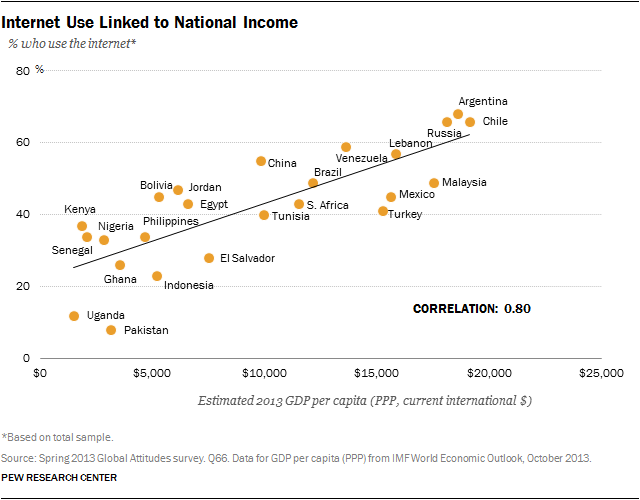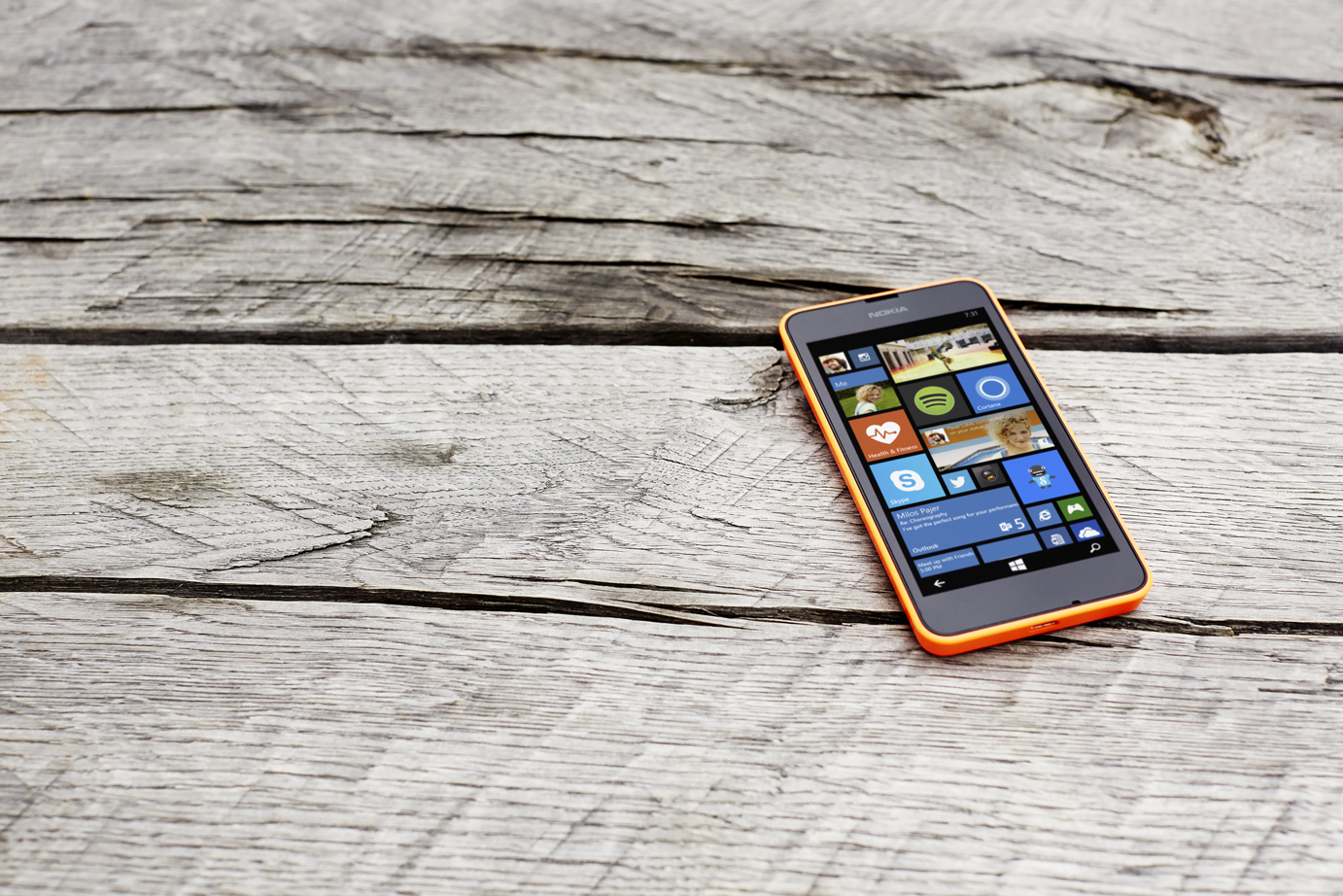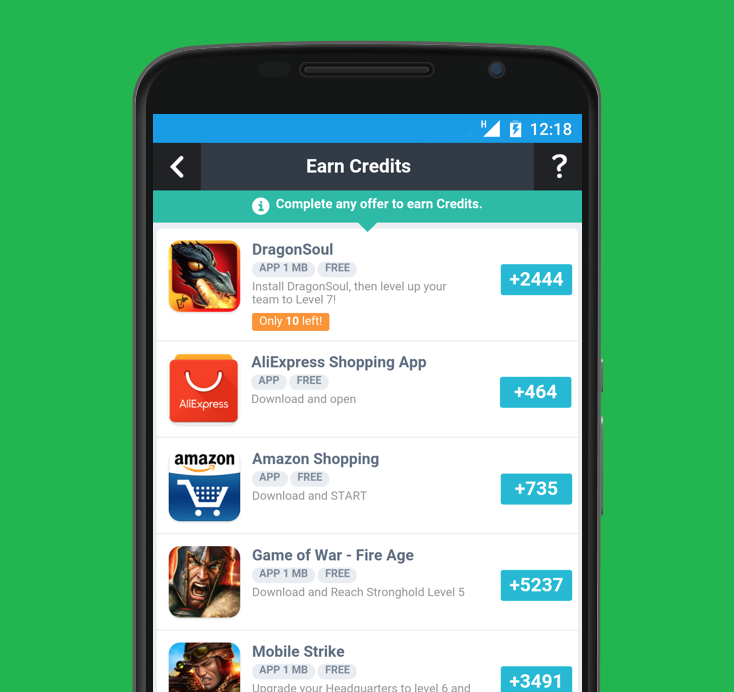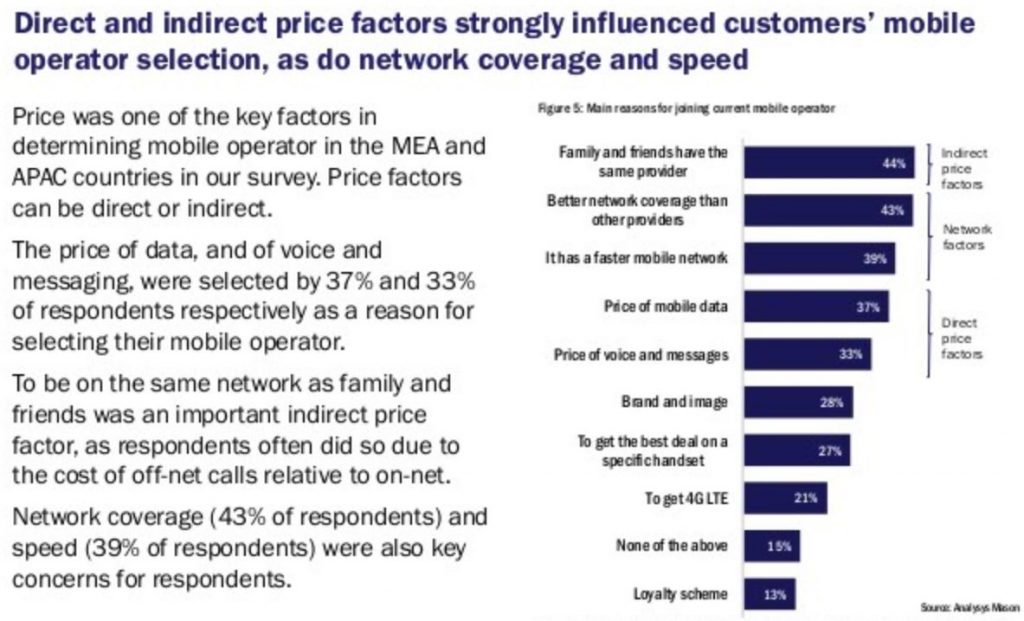If you’re sensible, you probably plan your spending throughout the month. You might have a big car payment coming up so you decide not to buy those jeans you’ve been looking at, or that top you want. Or you’re going for a meal somewhere nice because it’s a friend’s birthday so you won’t be buying lunch every day from that sandwich shop near your office.
But what if the choice is a lot more serious. What if you had to choose between, say, going on the internet to contact friends and paying for a doctor to see one of your relatives? Or how about this catch-22 situation: the cost of going online to find that doctor means you can’t afford the healthcare you were looking for and need.
Movivo, a British company, wants to put an end to a world where people have to choose between whether to contact their loved ones via the internet or get access to healthcare and education.
It is just one of 12 organisations across the globe which has been handed a grant from Microsoft’s Affordable Access Initiative to try to improve affordable and reliable internet connectivity.
Microsoft’s scheme aims to empower the billions of people worldwide who do not have affordable access to the internet, fuelling innovation through investment and partnerships.
The reality for a lot of people in the developing world, where mobile phone usage is soaring but wages are not, is choosing between basic necessities and going online.
According to a Pew Research Center survey conducted in 2014, 91% of people in South Africa own a mobile phone, but just 43% either use the internet “occasionally” or own a smartphone, which are designed for surfing the web. In Malaysia, 89% of the population own a phone but just 49% sometimes use the internet. It’s 88% and 40% in Tunisia, 82% and 37% in Kenya, and 78% and 23% in Indonesia.
The trend is even replicated among the BRIC emerging countries. In Russia, 94% of people own a mobile phone but just 64% use the internet occasionally or have a smartphone. In China, those figures are 95% and 55%.
As Pew points out: “Internet usage is strongly correlated with income. Generally, the higher a country’s GDP per capita, the higher its percentage of internet users.”
Movivo, founded by Alasdair Chesney in 2013, wants to change this by letting people use their mobile phones to regularly surf the internet for free: “Mobile data is much more expensive in emerging markets than the UK,” says Chesney, 29. “With our help, people in these countries are using the internet much more than they normally would.”
The initiative is simple: mobile phone users perform certain tasks online – surveys, for example – via Movivo’s app and their network gives them free mobile data.
From Movivo’s perspective, businesses pay the company to place surveys on its app or to get a user to try out a new app. Movivo then uses some of that revenue to pay for the free mobile data from the telecoms firms. Movivo is also aiming to get crowdsourced tasks done via its app as another opportunity for users to earn credits, especially given the rapid growth of crowdsourcing in the past few years.
It’s a model where everyone wins. Especially the mobile phone users.
With the rapid advancement in technology comes a greater demand for phones and other gadgets across the world. Global sales of smartphones to consumers hit 349 million units in the first quarter of this year, a 3.9% increase on the same period in 2015, according to Gartner. Those sales were driven by demand for low-cost units in emerging markets – the exact people Movivo is focused on. Expansion at Movivo has been rapid, as the service only launched in January. But the venture has been three years in the making, and before launching Movivo Chesney ran a free SMS service which had a similar business model to Movivo.
That experience gave Chesney time to set out how to run a successful business that also had a socially beneficial aspect to it. Then he noticed that Microsoft was trying to do the same, applied for a grant and was accepted.
Microsoft’s Affordable Access Initiative offers grants to commercial entities that help people in underserved communities to access the internet and use cloud services. With affordable internet access, 4.2 billion more people could communicate, find jobs and pursue local and global opportunities.
The scheme seeks to nurture, grow and scale innovative businesses, with companies selected for the programme receiving grants averaging $75,000 to help them serve more customers.
Hugh Milward, Senior Director of Corporate, External and Legal Affairs at Microsoft UK, said: “Movivo, our Affordable Access grant winner, has a similar ambition to ours – to help people achieve more. Imagine if you had to work five days just to afford to get onto Facebook. This is a reality for many people living in the developing world and something Movivo is committed to changing. Our grant support will see Movivo roll out their service to reach some of the most disconnected in the world whilst boosting start-up economies by allowing developers to better understand the people they are trying to reach.”
It’s a vision shared by many influential organisations across the world.
“Mobile communications offer major opportunities to advance human and economic development – from providing basic access to health information to making cash payments, spurring job creation, and stimulating citizen involvement in democratic processes,” says Rachel Kyte, World Bank Vice-President for Sustainable Development. Movivo will use its grant from Microsoft to adapt the service so it works across more mobile devices.
“Movivo is growing very quickly and Microsoft’s funding and wider support will help our expansion plans further.” Future plans could involve the UK, where the most likely users will be teenagers who have low incomes, rather than the wide 18 to 64-year-old demographic seen in emerging markets.
We are in the UK but our service is not live here,” Chesney adds. “There’s potential in this country and it’s something we are looking at. Teenagers here might have a low disposable income but they may be willing to do actions such as completing surveys to earn extra mobile topup time.”
Even in saturated Western markets, the opportunities are huge. The percentage of people who access the internet using mobile phones rose from 57% in the first quarter of 2014 to 61% in the same period a year later, according to Ofcom’s latest figures. More than 90% of people own a mobile phone in the UK, with the number of mobile subscriptions jumping to nearly 90 million.
And who doesn’t want something that’s free?










